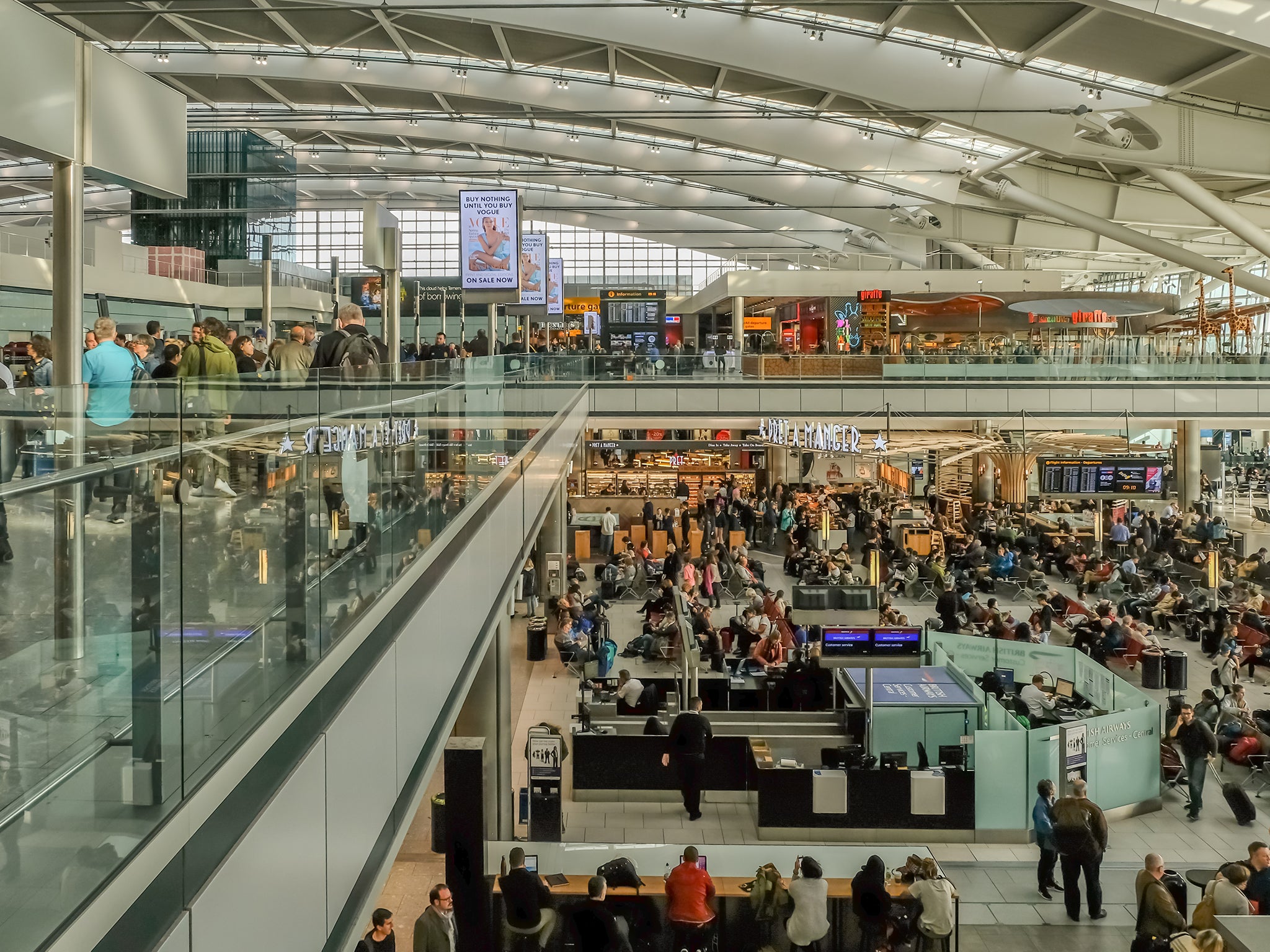The Living Wage could help the Government achieve its economic aims if it could but see it
Getting money into the pockets of low paid workers boosts the economy. It also benefits employers, as those which have signed up to the voluntary Living Wage scheme regularly testify

Your support helps us to tell the story
From reproductive rights to climate change to Big Tech, The Independent is on the ground when the story is developing. Whether it's investigating the financials of Elon Musk's pro-Trump PAC or producing our latest documentary, 'The A Word', which shines a light on the American women fighting for reproductive rights, we know how important it is to parse out the facts from the messaging.
At such a critical moment in US history, we need reporters on the ground. Your donation allows us to keep sending journalists to speak to both sides of the story.
The Independent is trusted by Americans across the entire political spectrum. And unlike many other quality news outlets, we choose not to lock Americans out of our reporting and analysis with paywalls. We believe quality journalism should be available to everyone, paid for by those who can afford it.
Your support makes all the difference.Good news for 180,000 workers in Britain: The Living Wage is rising.
By that I mean the real Living Wage, the one calculated by the Living Wage Foundation that is designed to provide a decent basic standard of living, rather than what the Government calls the ‘National Living Wage’, which is the rebranded minimum wage, and doesn’t come close to doing that.
The real Living Wage is going to £9 hour, up from £8.75, for employees at the more than 4,700 organisations that have signed up. It’s £10.55 in London, up from £10.20, to reflect the capital’s higher cost of living.
Accredited employers not only have to pay it to all members of staff, and to ensure their outsourced suppliers do them same. They also have to include their younger workers, who get significantly less under the Government’s minimum wage. It only fully kicks in for those aged 25 and above.
The gap between the two now stands £1.17 an hour, which adds up to a shade under £50 over the course of a 40 hour working week.
According to KPMG, more than one in five British jobs that pay less than the Living Wage. The people in them don’t really make enough to live on and that's chilling if you think about it. It might help to explain why food banks are doing such brisk business.
At this point those on the right will wag their fingers and say that while paying the Living Wage might be affordable to the likes of Barclays, KPMG, Heathrow Airport, and some of their peers, that’s not true of all business, and particularly small businesses.
“It's a job killer,” will be the cry.
The evidence says otherwise. Firms who have signed up to the scheme report economic benefits including improved staff retention (important at a time when Britain is suffering labour shortages in some areas) better quality work, lower rates of absenteeism.
It's a superb idea, and better still, it pays for itself, which ought to be enough in itself to get a sane and sensible government to take note. But I’ve raised these arguments in the past.
More is apparently necessary to get through to the thick and empty heads around the cabinet table and the and benches where sit the members of this country’s governing Tory Party.
So how about this: Consider how many policies would be enhanced if the ‘National Living Wage’ was closer to, or even matched, the real Living Wage.
Theresa May might finally be able to talk about a country that works for everyone with a degree of honesty if that country provided its low waged workers with enough to live on.
There would be less need for the state to subsidise poorly paid work, and perhaps less pain caused to the Government via its Universal Credit, a policy that is turning into this generation of Tories’ poll tax.
The Living Wage movement has put over £800m million back into the pockets of more than 180,000 low paid workers, £200m this year alone, most of which has gone back into the economy because those on lower incomes spend a high proportion of what they earn.
Think, for a moment, about the potential economic impact were the number of workers on the real Living Wage to be doubled. Or trebled.
The boost that this would provide would be most obviously be felt in the northern parts of these islands, where wages are generally lower. If ministers want to make their ‘Northern Powerhouse’ a reality, giving low earners a pay rise would be a damn good start.
And then there’s Brexit.
Ah, sorry. Nothing’s going to make that anything other than a steaming pile of something not very pleasant. But Theresa May probably knows that. Chancellor Philip Hammond certainly does.
What bringing the minimum wage up to the level of the living wage might do, however, is at least ensure it doesn’t kick the poor as much as it is currently shaping up to do.
Join our commenting forum
Join thought-provoking conversations, follow other Independent readers and see their replies
Comments